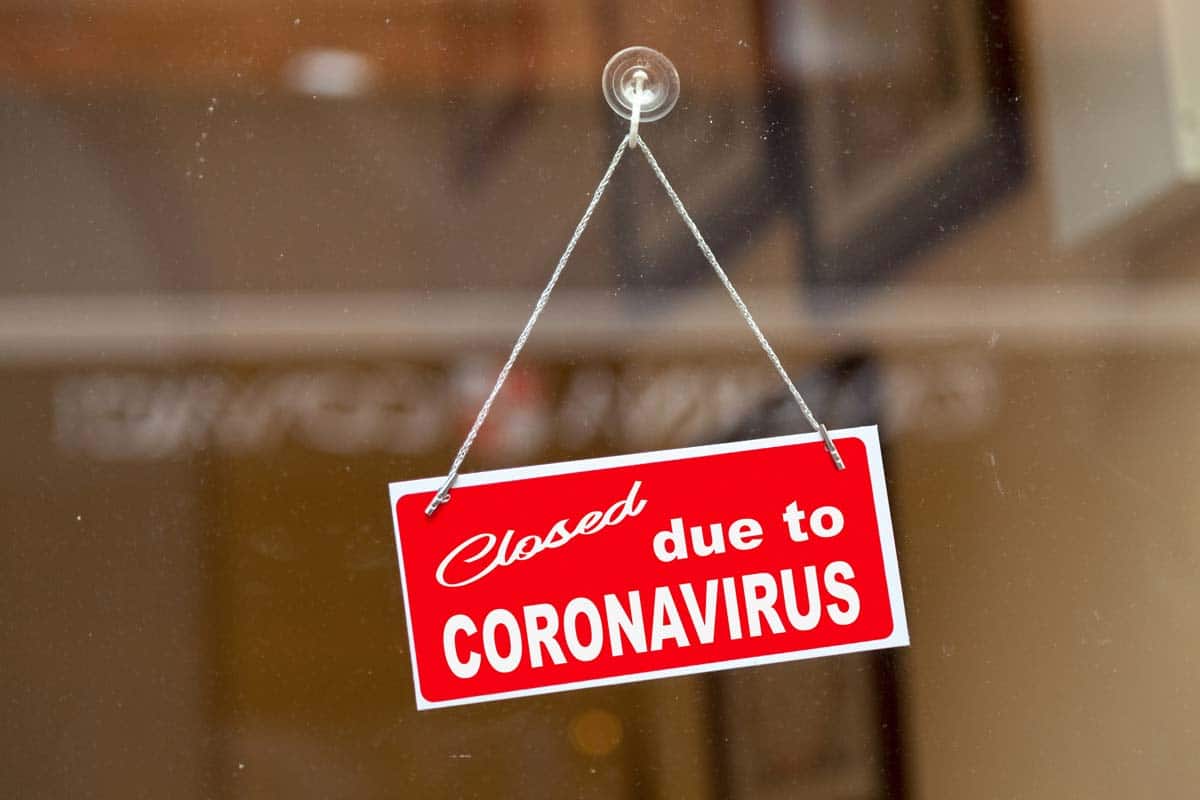By Jaimee K. Wellerstein, Esq.
BY Annette M. Barber, Esq.
With the State of California largely on shut-down due to the COVID-19 epidemic, many businesses are facing the harsh reality that significant changes to their business and workforce are necessary. Unfortunately, as employers consider their options, unanticipated furloughs and reductions in force (RIF) are amongst them.
Before large-scale layoffs, employers must consider both federal and state Worker Adjustment and Retraining Notification (WARN) Acts. Depending on the size of the employer, WARN Act compliance generally requires employers to provide advance notice (usually 60 days) of a mass layoff to the affected employees and specific government officials.
On March 17, 2020, Governor Newsom issued an Executive Order (Order) temporarily modifying the Cal-WARN 60 day notice requirements to aid employers in light of the COVID-19 crisis. Under the Order, employers who give notice of pandemic-related layoffs as soon as practicable and meet other conditions specified below, will not be required to do so 60 days before the layoffs take effect. The Order is retroactive to March 4, 2020. It does not affect employers’ obligations under the federal WARN Act.
What is the federal WARN Act ?
Employers are covered by the federal WARN Act if they have 100 or more employees, not including part-time employees who have worked less than six months in the last 12 months or who work an average of less than 20 hours a week. Employers are also covered if they employ 100 or more employees who work a combined total of at least 4,000 hours per week.
Under the federal WARN Act, a part-time employee is “an employee who is employed for an average of fewer than 20 hours per week or who has been employed for fewer than 6 of the 12 months preceding the date on which notice is required, including workers who work full-time. This term may include workers who would traditionally be understood as ‘seasonal’ employees.” The federal WARN Act does not apply to layoffs lasting less than 6 months or those resulting from a “natural disaster.” Importantly, there is an exception for “business circumstances that were not reasonably foreseeable.” As of this time, the U.S. Department of Labor has not given guidance as to whether the current crisis constitutes such circumstances.
What is Cal-WARN?
Many states, such as California have “mini-WARN” Acts that may be more restrictive than the federal Act. Cal-WARN applies to any “covered establishment,” which is “any industrial or commercial facility” that employs (or within the past 12 months has employed) at least 75 or more full and part-time employees. There is no requirement that the employee be full time (both full and part-time employees are counted toward the 75-employee coverage trigger). But, workers employed for less than 6 months in the preceding 12-month period do not count as “employees” for purposes of Cal-WARN.
While WARN only applies to layoffs exceeding 6 months, Cal-WARN applies to layoffs of any duration. As such, California employers must comply with Cal-WARN even for short-term layoffs.
What are the exceptions to the 60-day notice requirement?
Importantly, Cal-WARN has no exceptions for reductions in force due to “business circumstances that were not reasonably foreseeable.”
Thus, on March 17, 2020, Governor Newsom issued Executive Order N-31-20, waiving the requirement that employers provide at least 60 days’ notice of a “triggering event” such as mass layoff to employees impacted by a COVID-19 related business shut down. Pursuant to the Order, employers must provide written WARN notice to the affected employees and required governmental entities as soon as practicable.
However, the Order is clear that the notice period is waived only when employers follow all of the following conditions:
- The employer notifies all affected employees, the Employment Development Department, the local workforce investment board, and the chief elected official of each city and county government within which the RIF occurs;
- The employer gives as much notice as practicable and includes a brief statement on the basis for reducing the notification period;
- The RIF is caused by COVID-19-related business circumstances that were not reasonably foreseeable at the time notice would have been required (e.g, 60 days before); and
- For notices given after March 17, 2020, in addition to the usual contents of the notice, the employer must include the following statement: “If you have lost your job or been laid off temporarily, you may be eligible for Unemployment Insurance (UI). More information on UI and other resources available for workers is available at labor.ca.gov/coronavirus2019.”
The Executive Order also directs the Labor and Workforce Development Agency (LWDA) to provide guidance for implementing these requirements.
What if my business doesn’t comply with WARN or Cal-WARN?
Unless your business is exempt from the Act, you must comply with the WARN notice requirements, which generally require 60 calendar days’ written notice. While the 60 days’ notice may be waived due to COVID-19 related events, the notice can only be waived when all requirements set forth by the Executive Order are met.
Failure to provide the required notice may subject the employer to WARN penalties, which includes employee back pay for each day of non-compliance.
Employer Takeaway: The Executive Order is only applicable to Cal-WARN, and Federal WARN requirements still apply. California “covered establishments” who have had a Cal-WARN triggering event (such as a mass layoff) should provide compliant notice to the affected employees, union if applicable, and the appropriate government agencies as soon as is practicable, in order to mitigate potential liability.
Have more specific questions about how to maneuver the evolving COVID-19 landscape? Contact your attorneys at Bradley, Gmelich & Wellerstein LLP. We are here to help.

Jaimee K. Wellerstein, Esq. is a Partner and the firm’s Employment Team Head. Representing employers in all aspects of employment law, Ms. Wellerstein collaborates with her clients to develop proactive business and legal strategies to try to avoid workplace conflict and employment disputes. She provides legal advice and counsel to numerous businesses, including conducting individualized training programs for both management and employees. Ms. Wellerstein performs internal audits of her clients’ employment practices to ensure compliance with the rapidly-changing world of employment laws, and guides investigations of employee allegations regarding harassment, discrimination, and employee misconduct.


